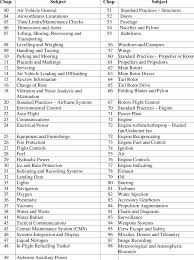
Introduction
The ATA, or Admission Temporaire/Temporary Admission, is a customs document that enables the temporary importation of goods into a foreign country without paying duties. This system is pivotal for international trade, allowing businesses to showcase their products at exhibitions, trade fairs, or for professional use abroad. Given the rise in global commerce and the increasing need for businesses to access international markets, understanding how the ATA functions is crucial for companies looking to expand their reach.
Main Body
The ATA system is administered by the World Customs Organization (WCO) and is designed to simplify customs procedures for temporary imports. It covers a wide array of goods, including commercial samples, professional equipment, and goods intended for exhibitions. Member countries of the ATA convention allow the use of this document, streamlining the customs process and reducing uncertainties faced by exporters.
In recent months, particularly due to a resurgence in trade shows and international business meetings post-pandemic, there has been a notable increase in the usage of ATA carnets. In Canada, the Canadian Chamber of Commerce reported a 30% rise in ATA carnet applications compared to the previous year, indicating a strong demand from Canadian businesses seeking global market opportunities.
The advantages of using an ATA carnet include saving time and money, as the document eliminates the need for multiple customs declarations and payments. It also provides a guarantee to customs officials that duties will be paid if the goods are not re-exported within the stipulated time frame (usually up to one year). For exhibitors and professionals, this offers peace of mind, allowing them to focus on their business rather than on navigating complex customs procedures.
Conclusion
The ATA system is evolving with the global trade landscape, becoming increasingly important as businesses expand their international footprint. As the economy continues to recover, the role of ATA will likely become even more critical, facilitating smoother trade processes and enhancing business competitiveness worldwide. Organizations and exporters are encouraged to familiarize themselves with ATA regulations and processes to leverage its benefits effectively, ultimately transforming their approach to international markets.



